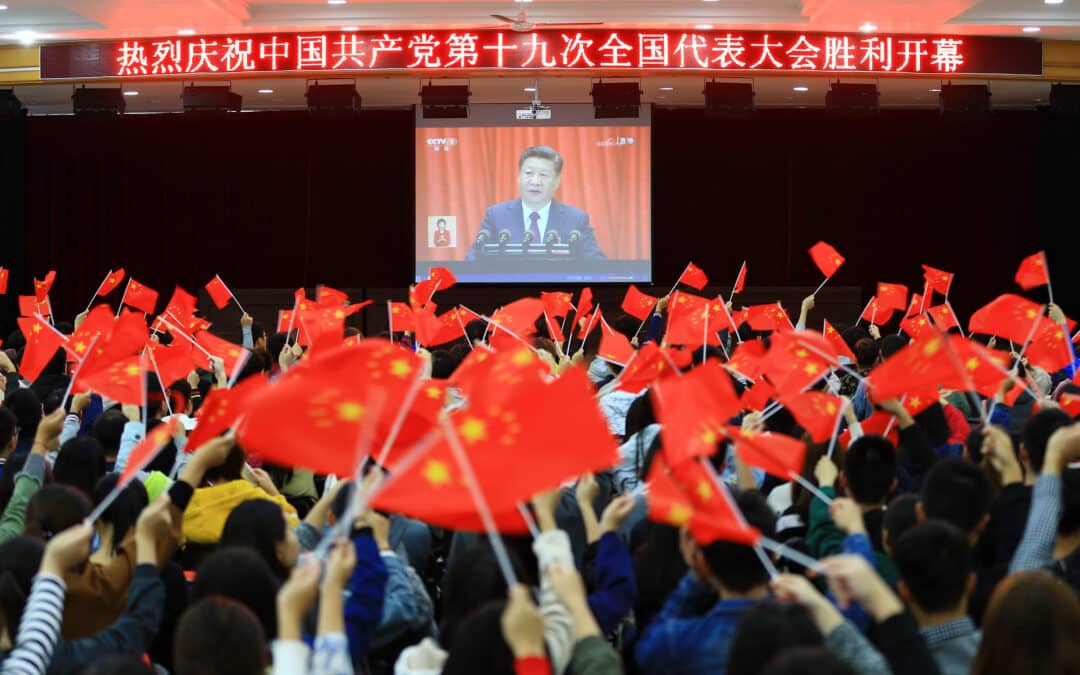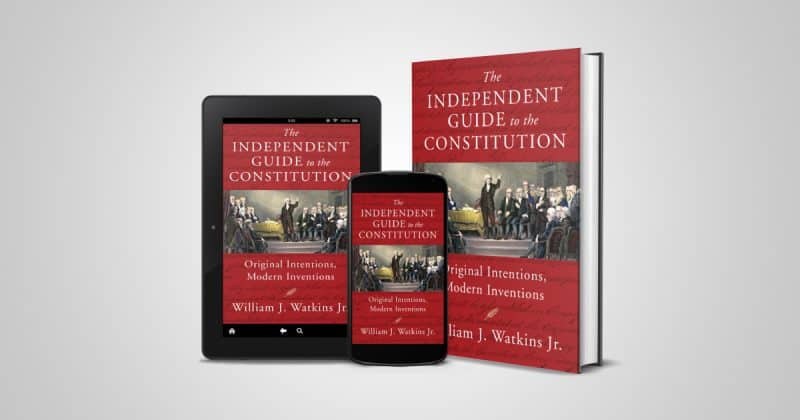In late January 2026, China’s Ministry of National Defense announced investigations into two of the People’s Liberation Army’s (PLA) most senior officers: General Zhang Youxia, long-time vice chairman of the Central Military Commission (CMC) and a close Xi Jinping ally, and General Liu Zhenli, chief of the CMC’s Joint Staff Department. These investigations capped a wave of high-level purges that began in 2023 and steadily hollowed out the PLA’s senior leadership. At one point, the CMC, China’s supreme military decision-making body, was reduced in functional terms to Xi himself as chairman...















